News and features
Read the latest news and features about our world-leading research, discoveries, fundraising and philanthropy. If you want to keep updated on our news, you can follow us on social media or sign up for our Search newsletter.
If you’re a journalist and want to find out more, you can contact our media relations team.
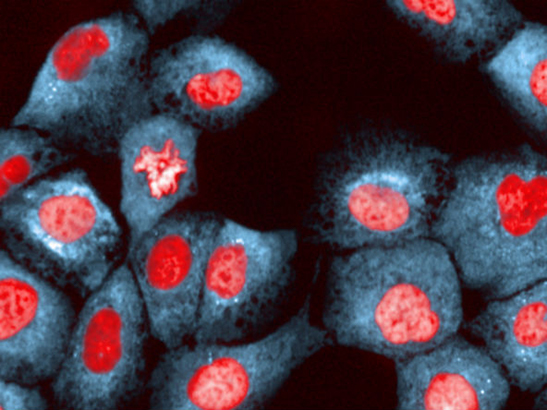
Scientists identify new way of attacking breast cancer
Scientists have discovered a brand new way of attacking breast cancer that could lead to a new generation of drugs.

Weekly radiotherapy suitable for bladder cancer patients too frail for aggressive treatment, study finds
Older patients with bladder cancer who are too frail for aggressive treatment could benefit from weekly image-guided radiotherapy, new research reports.
-content.tmb-hbmobile.jpg?Culture=en&sfvrsn=fec93f9d_2)
Nivolumab not recommended for relapsed or metastatic head-and-neck cancer on the NHS
The immunotherapy nivolumab will not be recommended for the treatment of patients with relapsed or metastatic head-and-cancer, under a new draft technology appraisal issued by NICE.
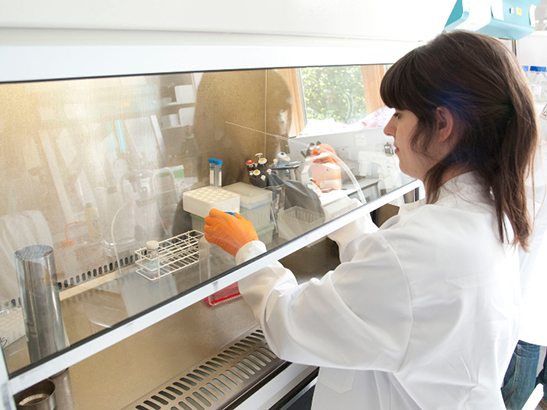
ICR ranked among top five in the world for university research
The Institute of Cancer Research, London, has ranked in the top five higher education institutions in the world for research in a new independent evaluation funded by the European Commission.
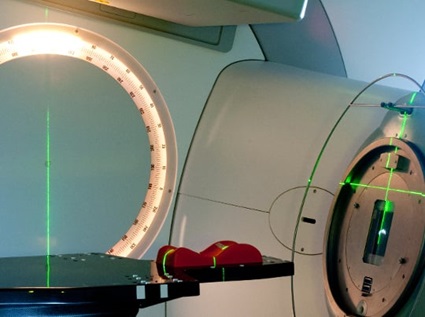
Drug makes head-and-neck cancer more sensitive to radiotherapy
A drug that has shown promise in breast and lung cancer trials also makes the combination of chemotherapy and radiotherapy more successful at killing head-and-neck cancers, a new study has found.
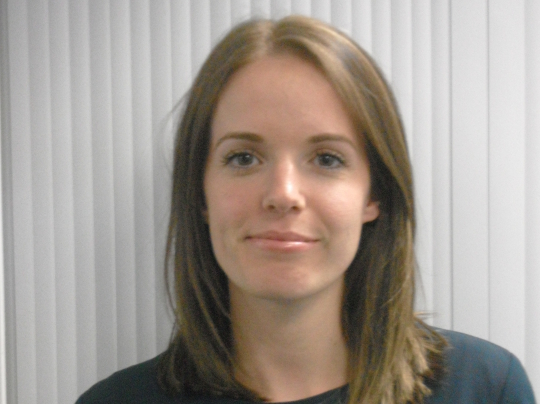
Find out why our supporter Jennifer is running the London Marathon for #teamICR
It’s nearly that time of year again, when runners from all over the world lace up their trainers and tackle one of the most famous marathons there is: the Virgin Money London Marathon. But why do our supporters do it? Heather Lacey caught up with one of our supporters, Jennifer Herbert, to find out why she decided to support our vital work by running 26.2 gruelling miles.

Prostate cancer drug combination shows promise in early trial
A combination of two drugs for prostate cancer is safe and shows signs of effectiveness in patients with advanced, aggressive disease, an early-stage trial reports.

Scientists create artificial ‘mini tumours’ to study cancer genes
A new technique to screen clumps of cancer cells in the lab which act like miniature tumours could help scientists discover potential new cancer drugs.

Discovery Club learns how maths can model cancer evolution
Members of our Discovery Club gathered at The Royal Society in London earlier this month to learn about the role mathematics plays in modern cancer research and treatment.
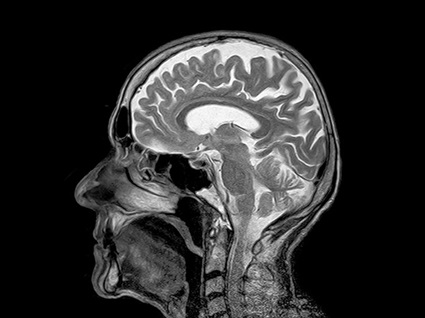
Largest-ever brain cancer study reveals new secrets to inherited risk
Scientists have uncovered a treasure trove of information about the genetic causes of brain cancer in the largest-ever study of the disease.
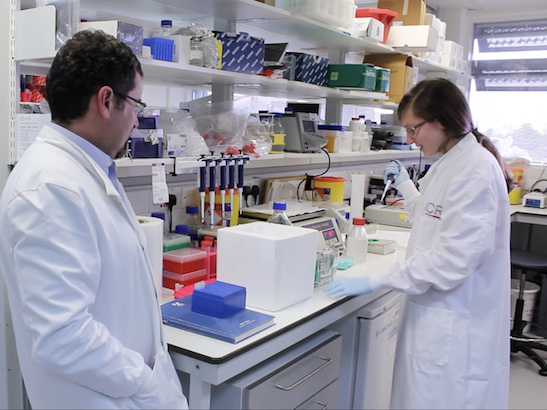
ICR scientists awarded £1.5m precision medicine funding for targeted, less toxic childhood cancer treatments
Scientists from The Institute of Cancer Research, London, have been awarded £1.5 million by the charity Children with Cancer UK to advance precision medicine in the UK and improve cancer treatment for children and young adults.

£14m investment marks first step towards new London Cancer Hub
Ambitions to create the world’s leading hub for cancer research and treatment have taken an important first step forward as the London Borough of Sutton invests £14 million in NHS land needed to develop the site.
